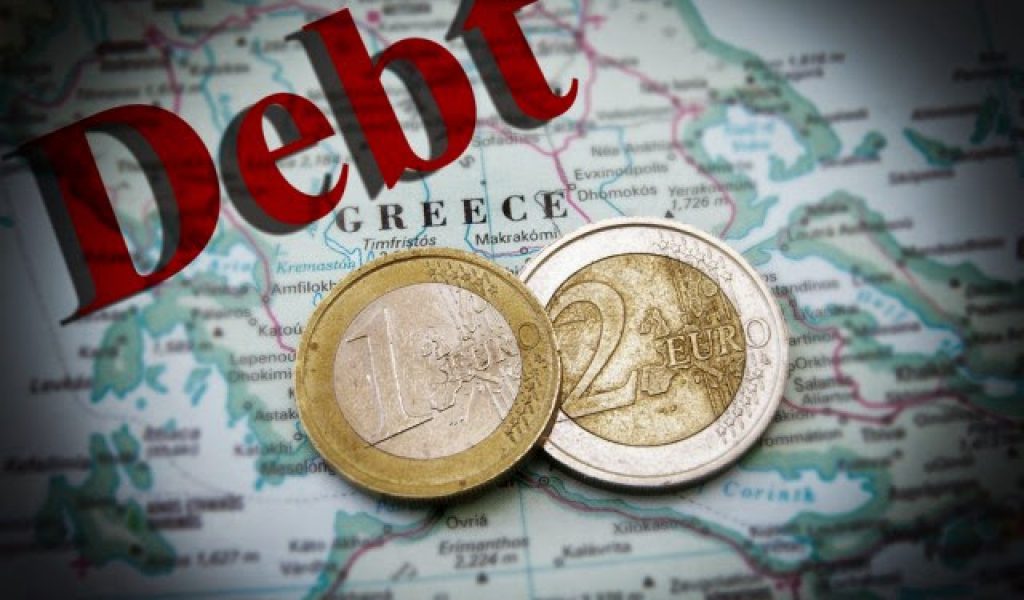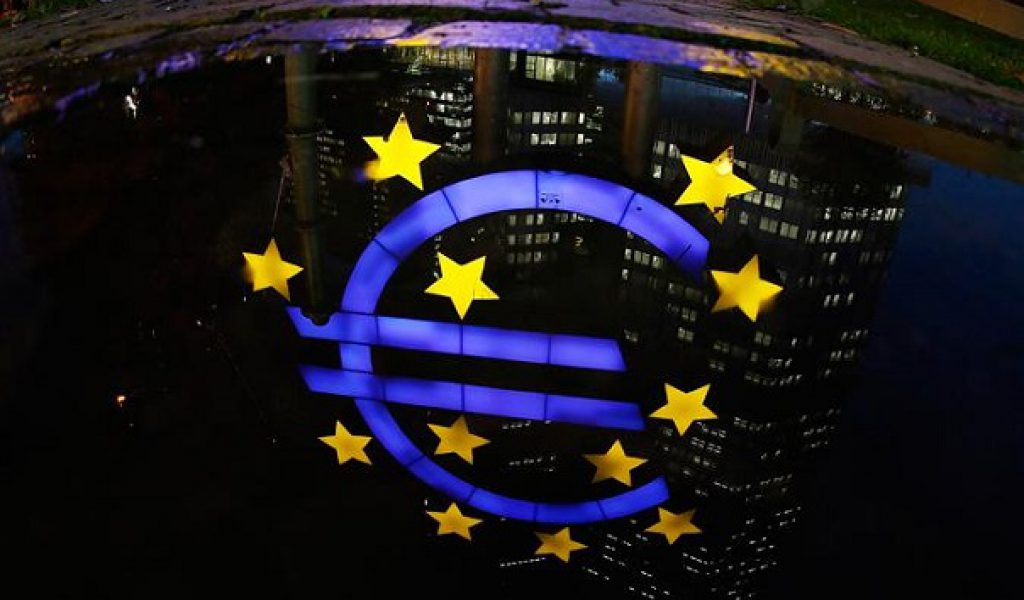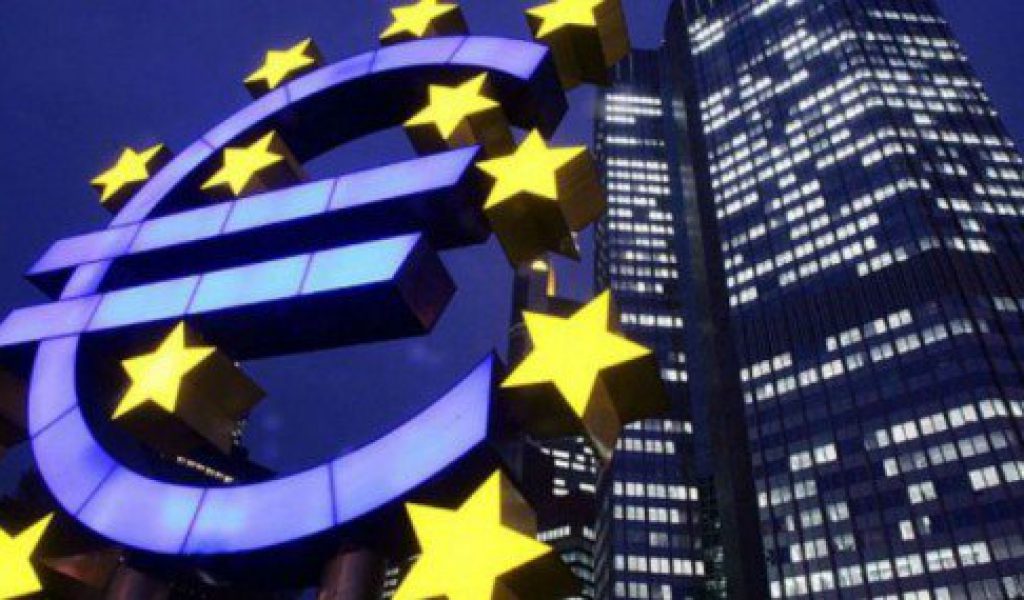Switzerland believes in EU more than US
Switzerland invested the most money in the European Union (“the EU”) in 2016. With €55 billion, it was ahead of the United States (“the US”), which invested some €54 billion in the EU.
Globally, EU foreign investments fell by 41% last year. They went from a total of €476 billion in 2015 to €280 billion in 2016. This is according to an initial estimate by the European statistical institute, Eurostat, published on Tuesday.









